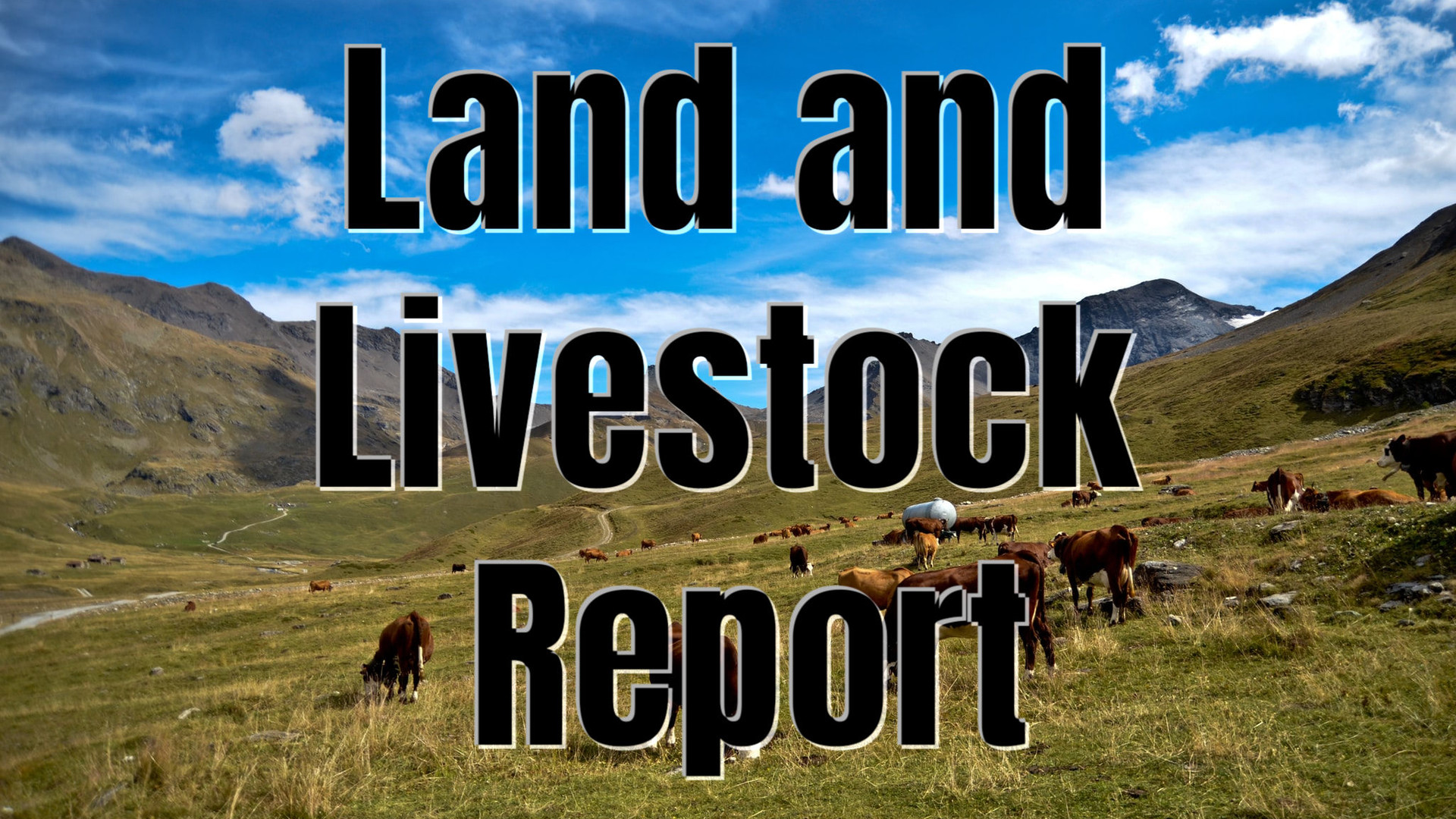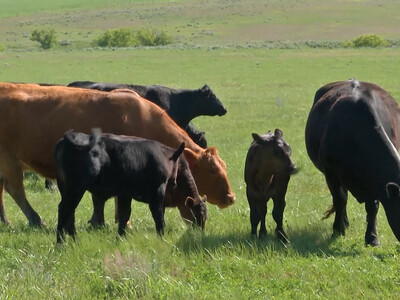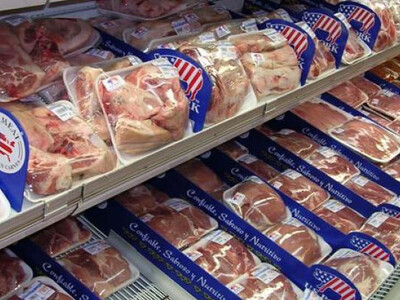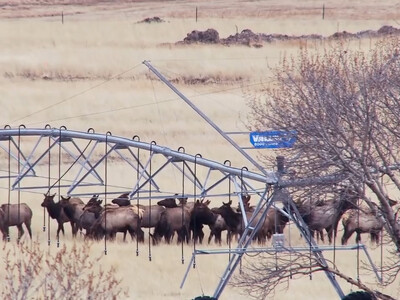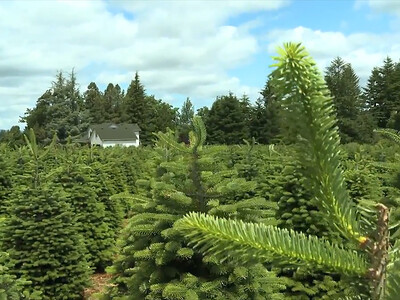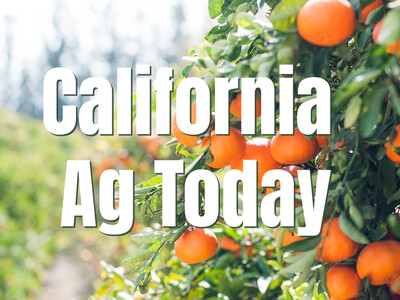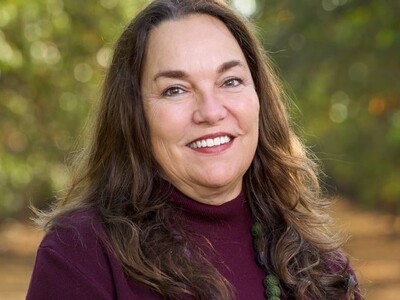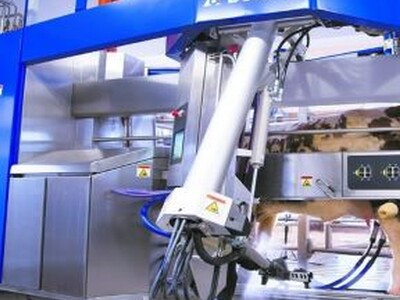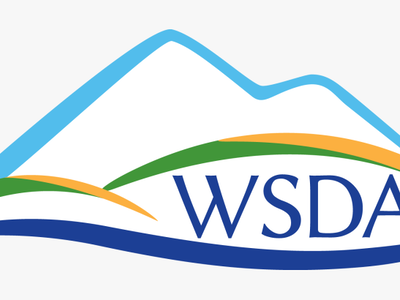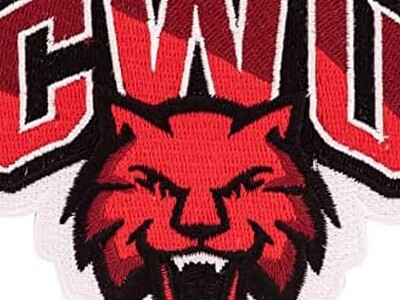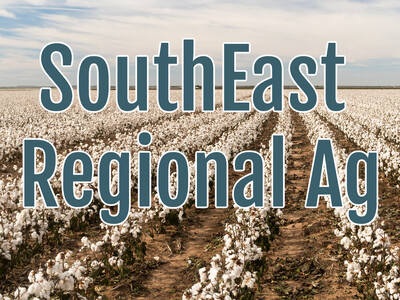BQA Transport Program Underway
Hi everybody it's time for your Land and Livestock Report here on the Ag Information Network of the West-I'm Russell Nemetz.While most Americans will never visit a cattle operation, they probably see cattle trucks and trailers on the highway, and what they see can influence their perception of the entire cattle industry. The transport phase is the most publicly visible activity in the beef-production cycle, says Chase DeCoite, associate director of Beef Quality Assurance (BQA) programs for the National. Cattlemen's Beef Association (NCBA). And beyond public perceptions, transport between pastures or between operations presents challenges and opportunities in protecting beef quality and animal welfare.
After years of development, the national BQA program introduced its Beef Quality Assurance Transportation (BQAT) program in November 2017. Since then, DeCoite says, over 500 cattle transporters have registered for training and over 300 have become certified.
The program includes training for farmers and ranchers as well as for professional truckers. Beef packers have supported the program and are encouraging truckers who deliver cattle to their plants to become BQAT certified.
This month, the national BQA team are engaged in training with state BQA coordinators, who will help organize training and certification efforts in their states. Over time, DeCoite says, transportation and the BQAT program will become integrated into BQA messaging targeted to producers and to consumers, highlighting the program's efforts to protect beef quality and animal welfare across the production chain, from pasture to plate.
Veterinarians will play key roles in implementing the transport program, building overall awareness among their clients, developing protocols and helping them recognize whether cattle are fit for transport. The BQA team plans to offer BQAT training at the 2018 American Association of Bovine Practitioners (AABP) Annual Conference in September.
The program includes these critical topics:
-Cattle handling guidelines & diagrams
-Checklists for loading/unloading
-Checklists for hot/cold weather factors
-Checklists for fit/injured/weak cattle
-Checklist for traveling
-Loading suggestions and worksheets
-Bio-security & Emergency Action Plans
For more information and a link to register for BQAT certification, visit the transportation section on the BQA website.
That's your Land and Livestock Report-I'm Russell Nemetz.


